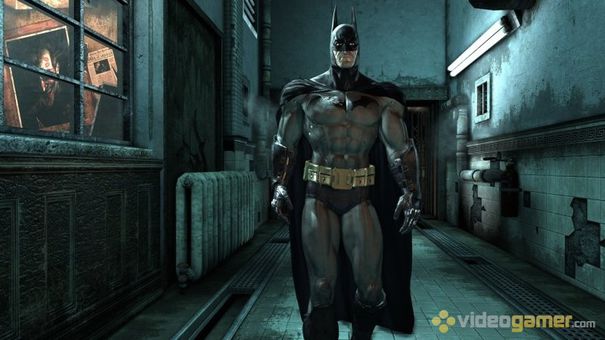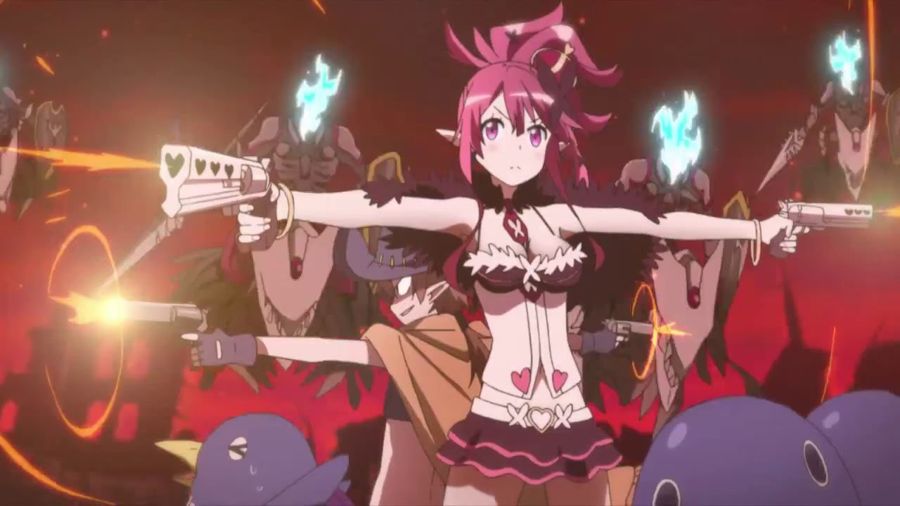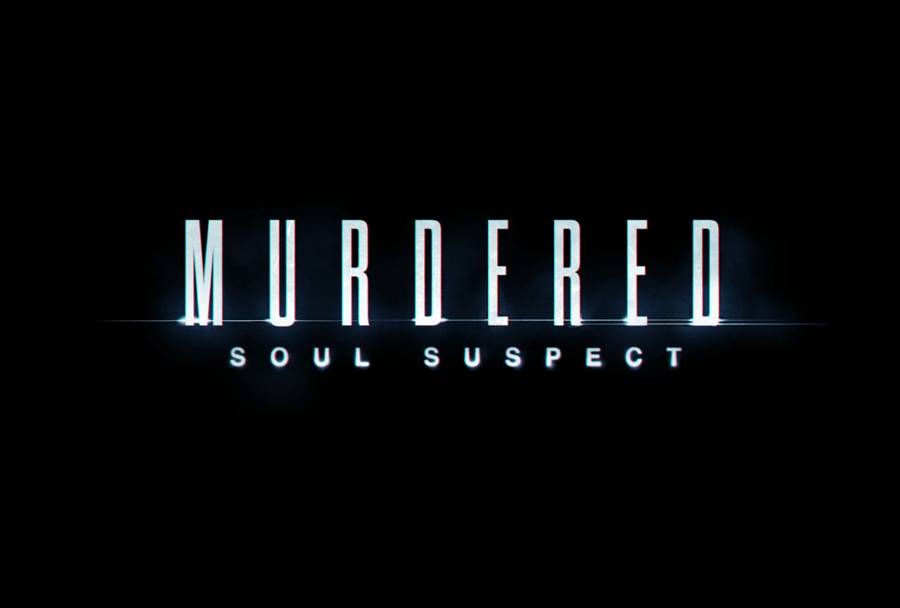Wizard passive skills are an interesting lot- but they’re not nearly as ersatz as those of the Witch Doctor. Akin to the passive skills available to the Monk, they don’t focus on overall game mechanics so much as they do on themes- themes of element, themes of Arcane Power restoration or management, themes of close-range or evasive function, and the like. Unlike the Monk’s passive skills, though, which ones you pick should not be determined solely by which skills you want to use. Rather, a Wizard is better off figuring out two or three Active Skills that they prefer and then selecting Passive Skills that support those Active Skills or the way the Wizard uses them- and then using those Passive Skills to determine which other Active Skills are most beneficial.
When playing a Wizard, your gear choices and playstyle will influence the skill selections you make- and those selections will further influence your gear and playstyle. A Wizard who first really gets into the class on the discovery of how useful they consider the Spectral Blades skill to be will find themselves choosing other skills to support that- Ice or Energy Armor and Blur, for instance. To reinforce that, they’ll tend towards gear that increases their Life total, and that has secondary effects like Dexterity and Strength boosting, Life regeneration, or attack speed- instead of gear that adds Arcane Power, Thorns effects, knockback, or critical hit chance. This in turn will lead them to picking additional skills like Diamond Skin, Explosive Blast, and Arcane Dynamo- and so on and so on.
Where playing a Monk requires flexibility, playing a Barbarian may mean swapping skills out on a regular basis, and playing a Demon Hunter means a high degree of tactical acuity, playing a Wizard effectively means finding your direction as time passes and adjusting your playing and your choices more and more heavily in that direction the longer you play. Keep that in mind as you choose your skills, Active as well as Passive, and make sure that when a new Passive skill comes up, you’re either taking it because it works in the direction you’re already going, or not taking it because it means changing your function- not because it’s commonly known to be ‘good’ or ‘bad’.
Blur: You take 20% less damage from melee attacks.
This skill is very clearly aimed at close-range Wizards. Long-range Wizards generally have a goal of not taking melee attacks to begin with, while variable-range Wizards want a skill that is more broadly applicable, and will also tend to avoid melee attacks for the most part. The effect as a whole isn’t anywhere near as strong as the innate 30% damage reduction that both Barbarians and Monks get, but for the health- armor- and dodge-poor Wizard, it goes a long way towards reducing the incoming damage in close range. At early levels you can rely on this alone, but any close-range Wizard worth looking at is going to need other skills to boost their defensive capability.





